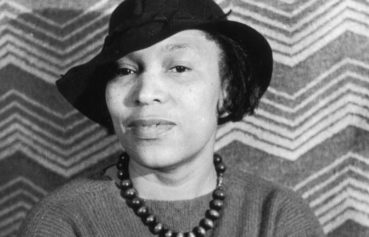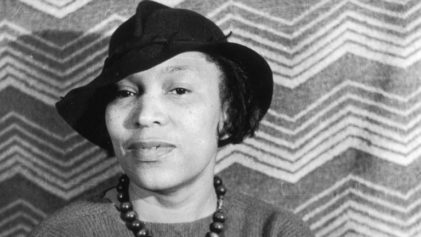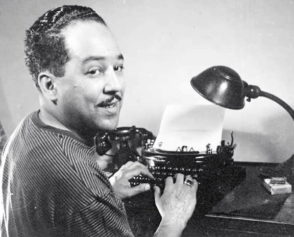This is a case study in how Black history gets annihilated.
Eatonville, Florida, one of the most important towns in U.S. history, the first incorporated African-American municipality in the country, the hometown of legendary writer Zora Neale Hurston and the place where she set her iconic 1937 novel “Their Eyes Were Watching God,” is on the verge of being nearly subsumed by a massive $200 million luxury shopping center.
The retail center, which would also include a hotel, conference center, apartment buildings and offices, would encompass nearly 20 percent of Eatonville, which is just one square mile in size, and completely transform the existence of this historic Black town, according to a Reuters story.
The project is coming up for a vote tonight by the town council, with the backing of Eatonville Mayor Bruce Mount, who is African-American. The council must approve the $9.5 million sale of the 117-acre property, which is 5 miles from downtown Orlando, according to the city agenda.
There was a packed public forum last night that saw many Eatonville residents express concern about the project, asking how the local residents would benefit and wondering if the juxtaposition of Rolls Royce and Ferrari dealerships would be a good fit for the town, which is 85 percent black, with 26 percent unemployment and average household income under $28,000 a year.
Developers point to the fact that the development is expected to employ about 2,000 people—almost as many as there are residents in Eatonville—and how much that would benefit the largely poor community.
“It’s going to allow the constituents of Eatonville and their children, whoever wants to leave stagnation and be part of that which has going on around them for 70 years, to do that,” Developer Elliott Kahana, a luxury car dealer from Clearwater on Florida’s west coast, told Reuters.
“Everything changes. Progress happens,” Kahana said.
But in the meantime, the development would radically change the nature of the town, where residents are proud of its history. The town, home to the Zora Neale Hurston Museum of Fine Arts, celebrates her life and legacy every year at the Zora Neale Hurston Festival of the Arts and Humanities.


